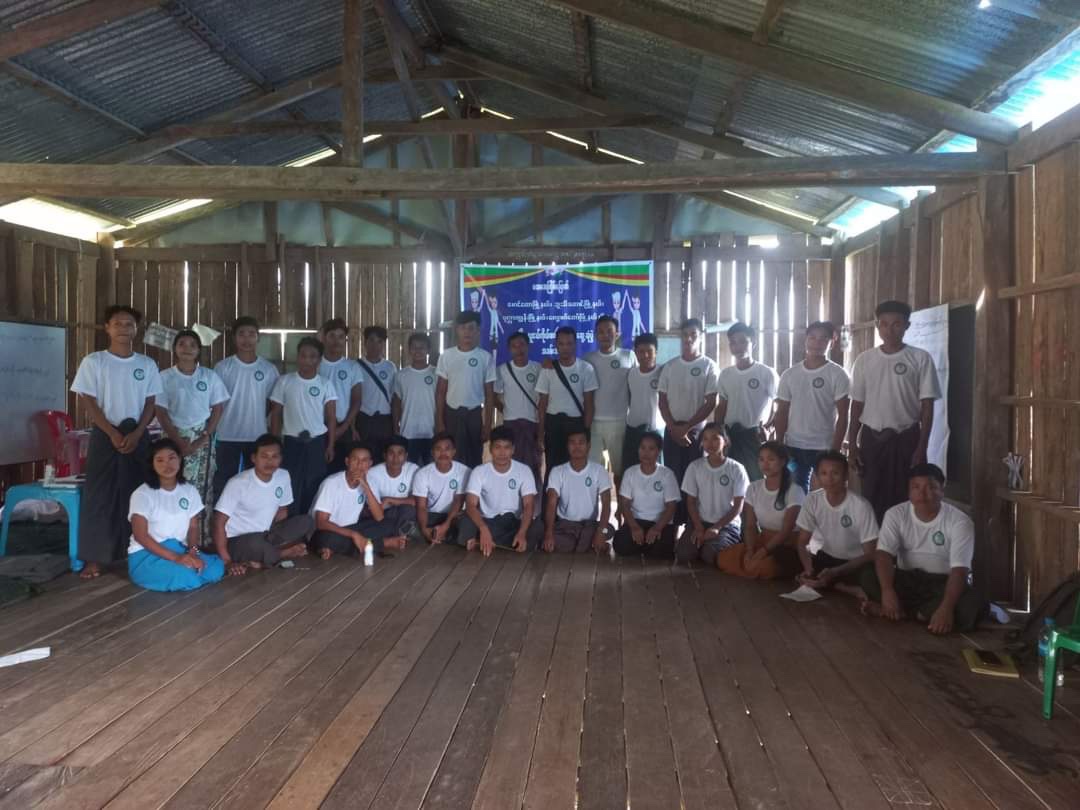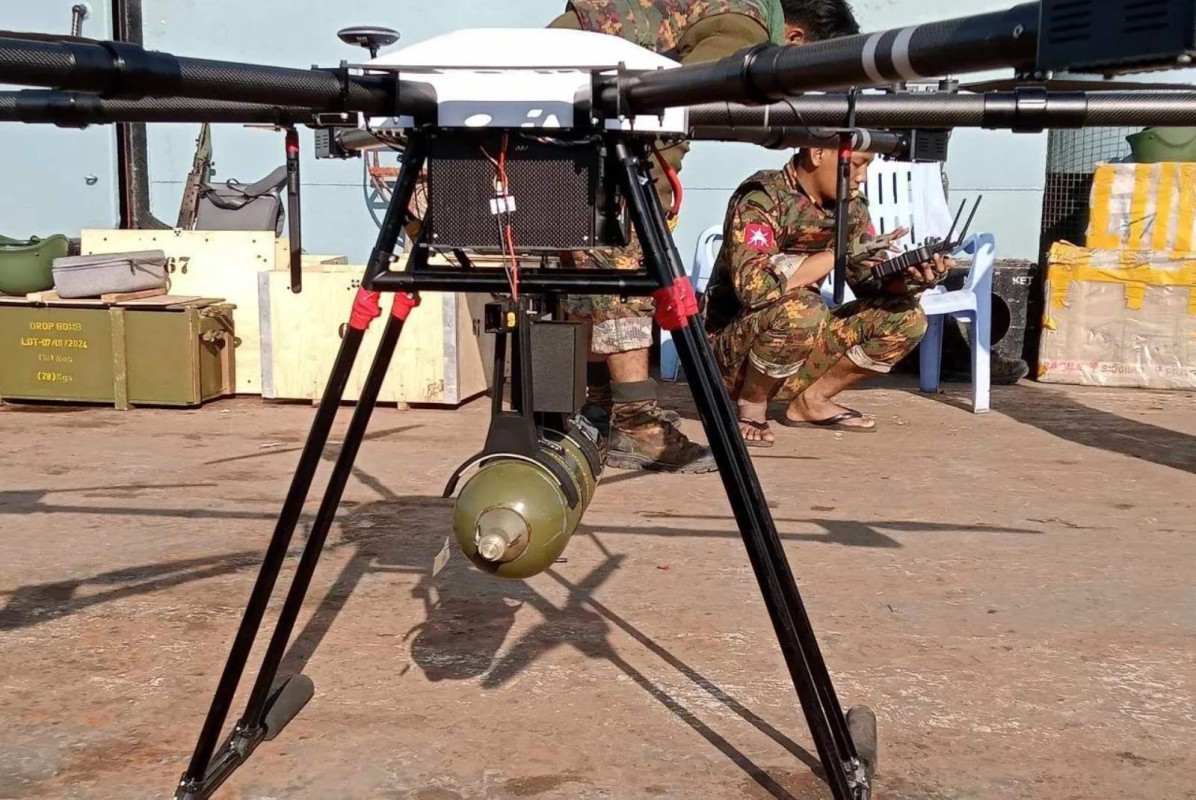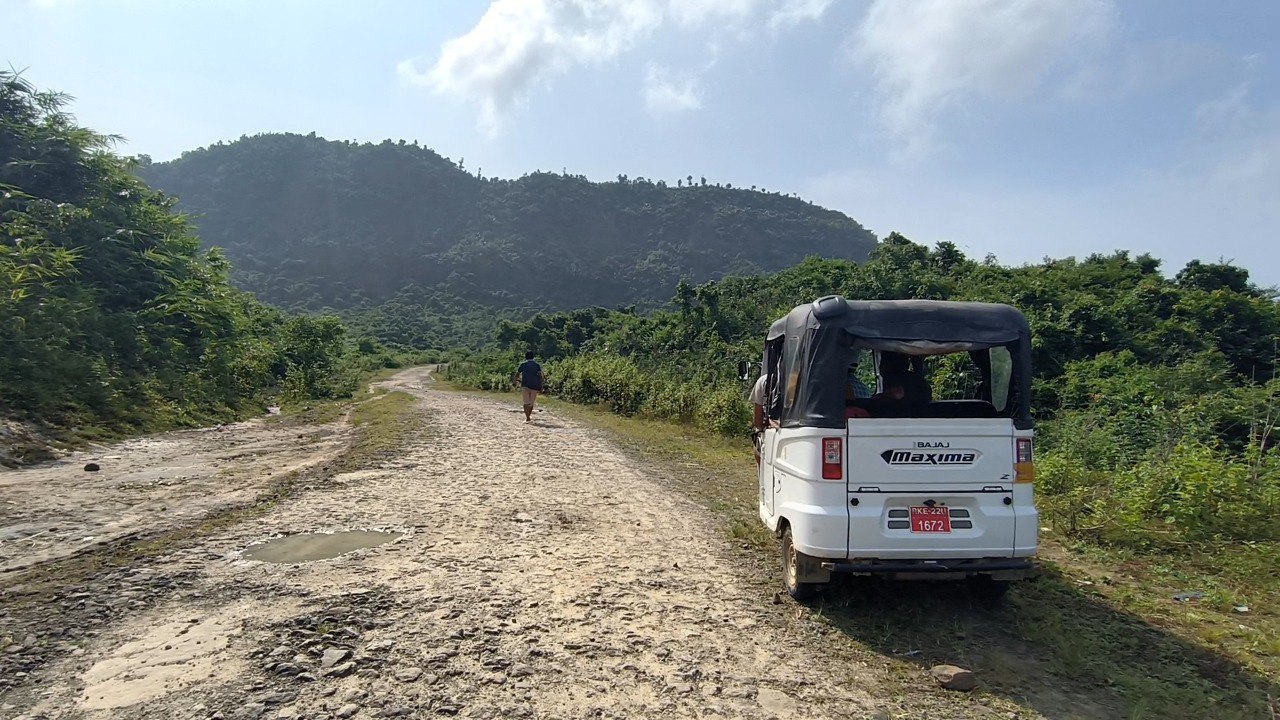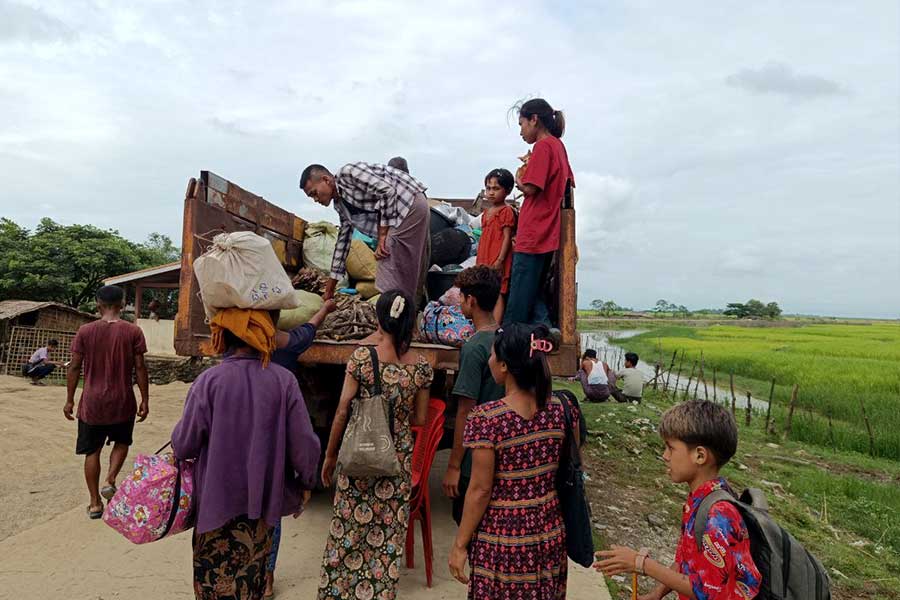- Family of minors raped by abbot in Kyaukphyu demand justice
- Salt farming declines in Arakan State as costs rise and markets falter
- Thousands flee junta raids in Mindon as villages are torched
- Children in Arakan State urgently need psychosocial support and safe spaces
- Regime uses paramotors and gyrocopters to target civilians, Fortify Rights says
Poverty, isolation put schooling out of reach for three-quarters of Mro children
There are more than 35,000 ethnic Mro people in Arakan State, and 75% of school-age children are not in school due to poverty and remote living circumstances, according to Mro youth organisations.
09 Jun 2022

DMG Newsroom
9 June 2022, Sittwe
There are more than 35,000 ethnic Mro people in Arakan State, and 75% of school-age children are not in school due to poverty and remote living circumstances, according to Mro youth organisations.
Most of Arakan State’s Mro people live in Buthidaung, Maungdaw, Ponnagyun, and Kyauktaw townships.
“The Mro people live far away from the urban areas,” said a spokesman for Mro Youths New Generation. “Children of people living in urban areas or on the plains can attend school. The Mro people rely on farming for their livelihood. The children cannot go to school because of the remoteness of the Mro community. There are many villages without a school. Another reason is that Mro children are not able to go to school due to extreme poverty.”
The Mro people face challenges including economic hardship, lack of employment opportunities and inadequate access to healthcare.
A three-day meeting was held in Banbywe village, Ponnagyun Township, on June 4, led by three Mro youth groups and aimed at helping Mro people as much as possible.
At the meeting, the Mro Youths Union was temporarily formed to address the challenges of the Mro ethnic group, including its youth.
A plan to create more employment and education opportunities for Mro youth, priorities for how to navigate the current political environment, and how to prepare for any difficulties were discussed during the meeting, an event organising committee member said.
“The Mro ethnic groups also have language differences. The meeting was attended not only by Mro youths from Bangladesh but also Mro youths from four townships in Arakan State,” said Ma Hla Oo, an ethnic Mro woman. “The Mro people do not see each other when they live in remote areas. When we meet each other like this, we get to know each other. It is good to share ideas with each other.”
The Mro Youths Union will conduct a township-by-township census of the Mro ethnic group in Arakan State, as well as addressing other needs.
The Mro Youths Union consists of youth representatives from four townships in Arakan State under the leadership of the Mro Youths Development Association, Mro Youths Education Development Association and Mro Youths New Generation.






.png)








.jpg)

